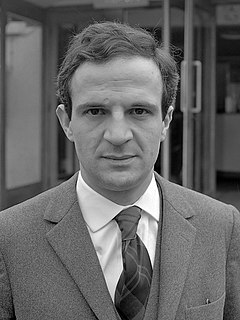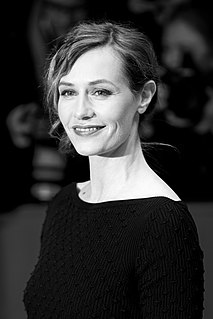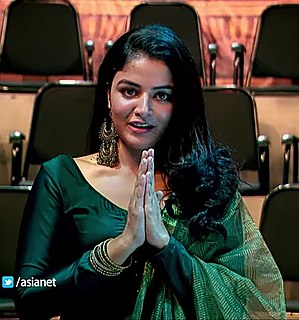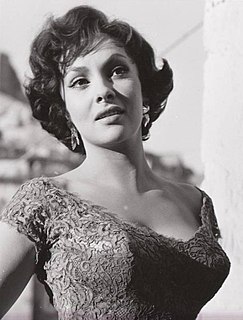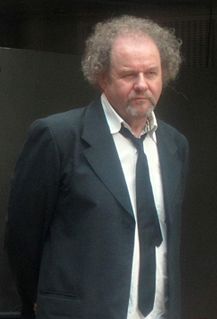A Quote by Sanjay Leela Bhansali
I was criticised for making 'Devdas' so ostentatious. But stark and realistic cinema isn't the only real cinema in this country.
Related Quotes
For people to understand, you can't speak 'cinema.' Cinema doesn't have alphabets, so you have to go to the local language. Even in England, if they make a movie in London they have to make it in the Cockney accent, they can't make a film with the English spoken in the BBC. So cinema has to be realistic to the area that it is set in.
I'm not able to completely escape naturalism. It's very difficult to escape from naturalism without being too dry. That's what I try to do in my cinema - escape naturalism and do films that are, at the same time, realistic but have a lot of fantasy. It's very difficult in cinema to get away from what life is about, from real life. The way the actors work has to be realistic - you can't do Baroque acting - so it's very complicated. And, we're human beings, so we're not perfect. I'm trying to do something different.




